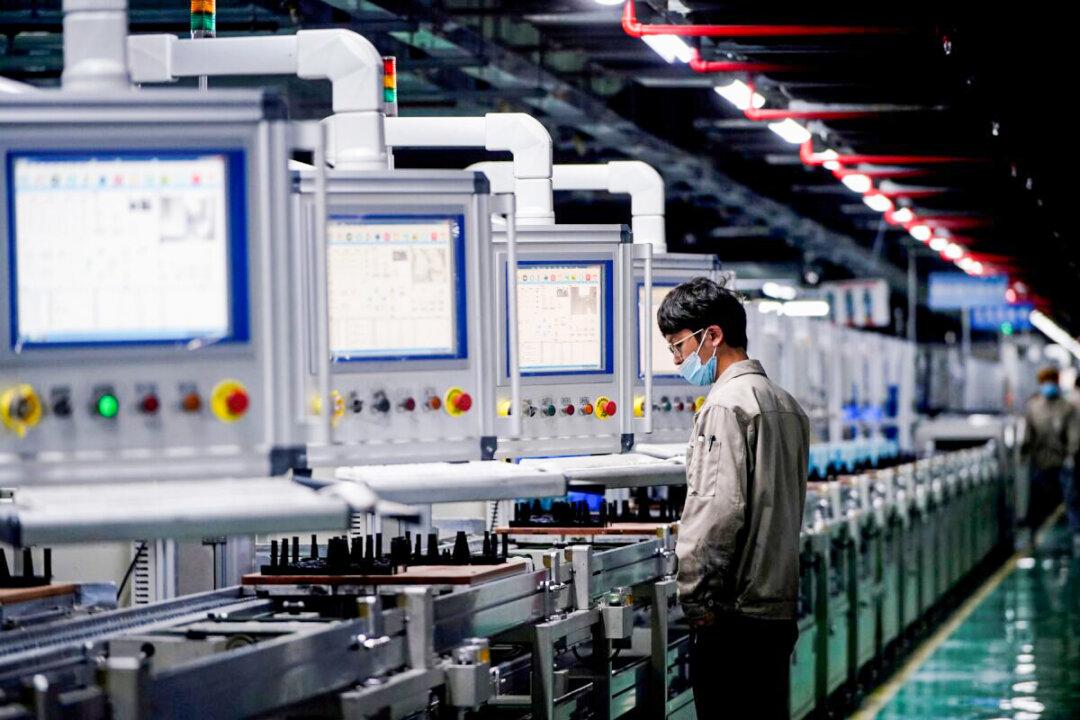Commentary
Early this month it was reported that a security sweep discovered hidden inside a British government vehicle used to transport senior officials and diplomats a SIM card that can track and transmit long-term movements; the device was located within a sealed part imported from China. Due to warranty terms and commercial agreements the parts are installed without being opened, so there is no knowing what spyware is inside. A security expert told the Daily Mail it could mean that both Chinese and Russian intelligence agencies are tracking British officials.





